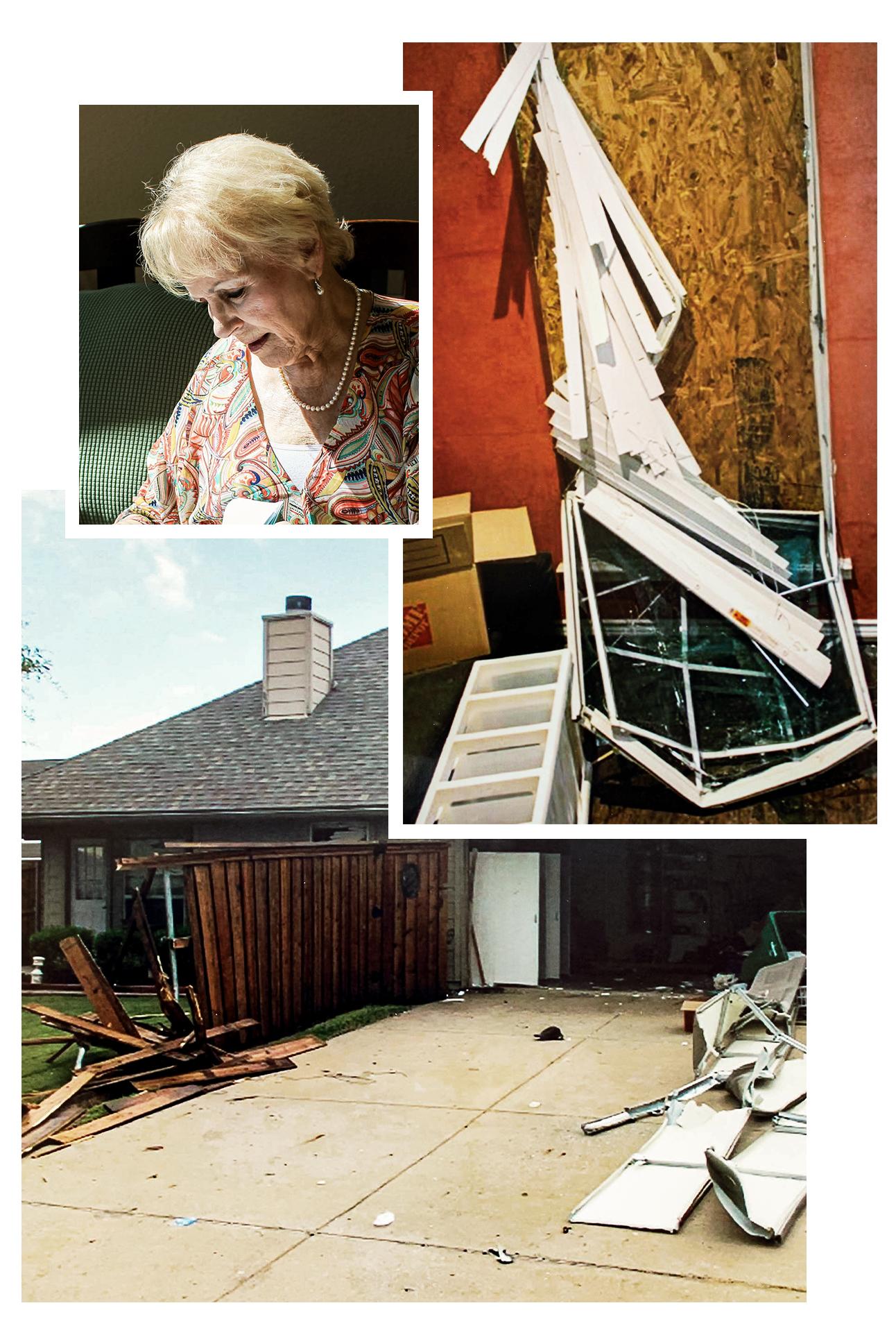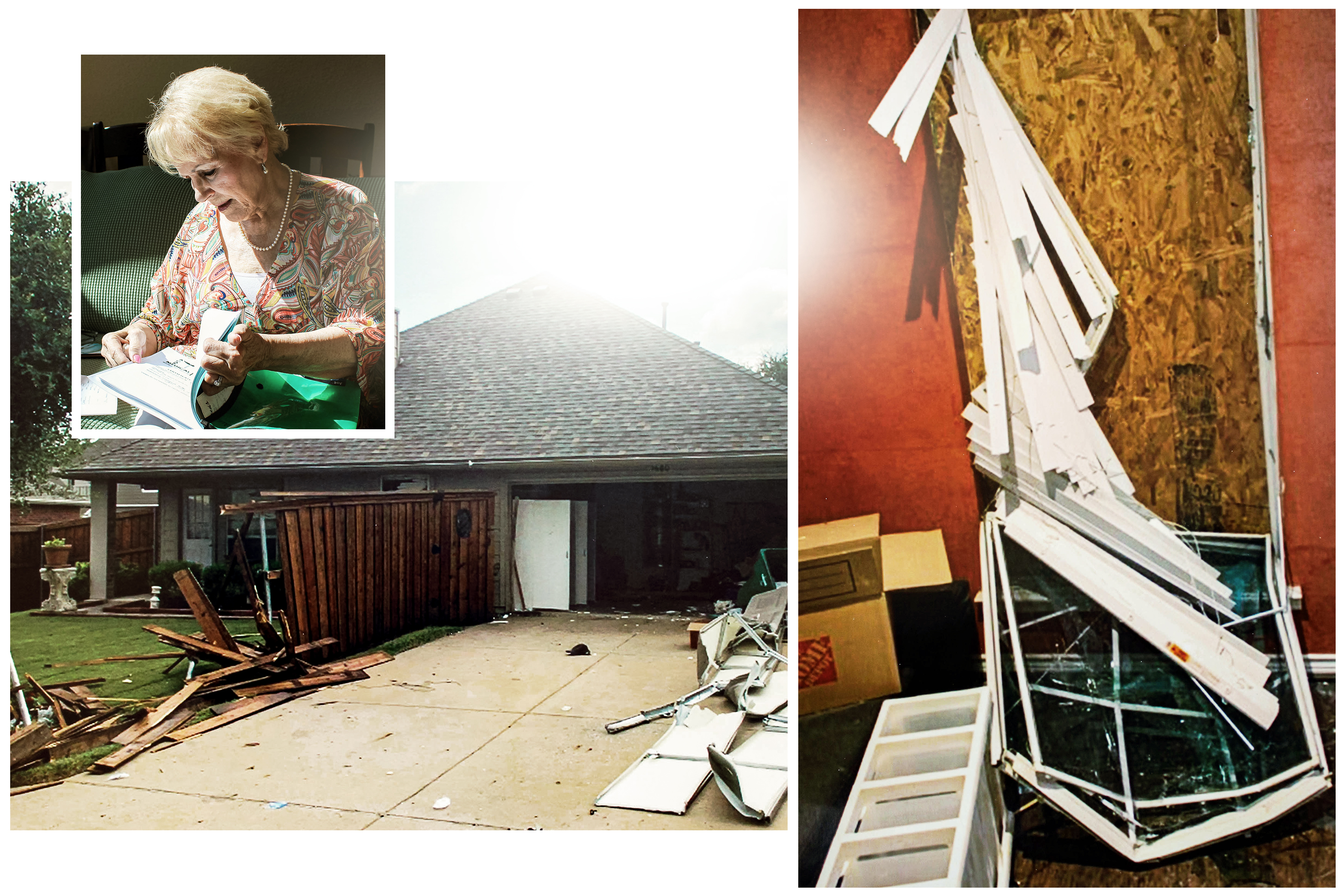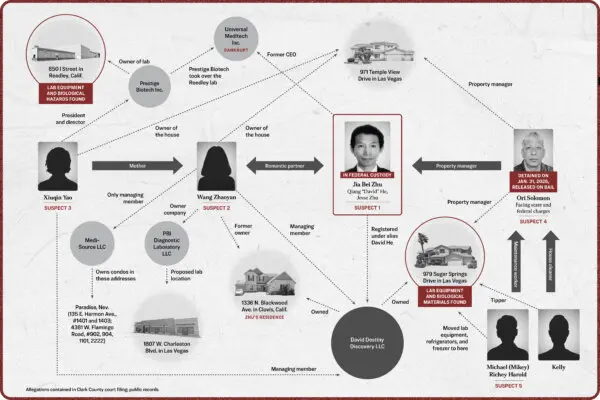KALISPELL, Mont.—Vicki Baker was ready to close the sale of her house in McKinney, Texas, in July four years ago. She and her new husband were settling into a new home in Montana. Her daughter, Deanna Cook, lived in the McKinney house pending the sale closing.
She said the future seemed as bright and boundless as the view from her Montana mountaintop home.











